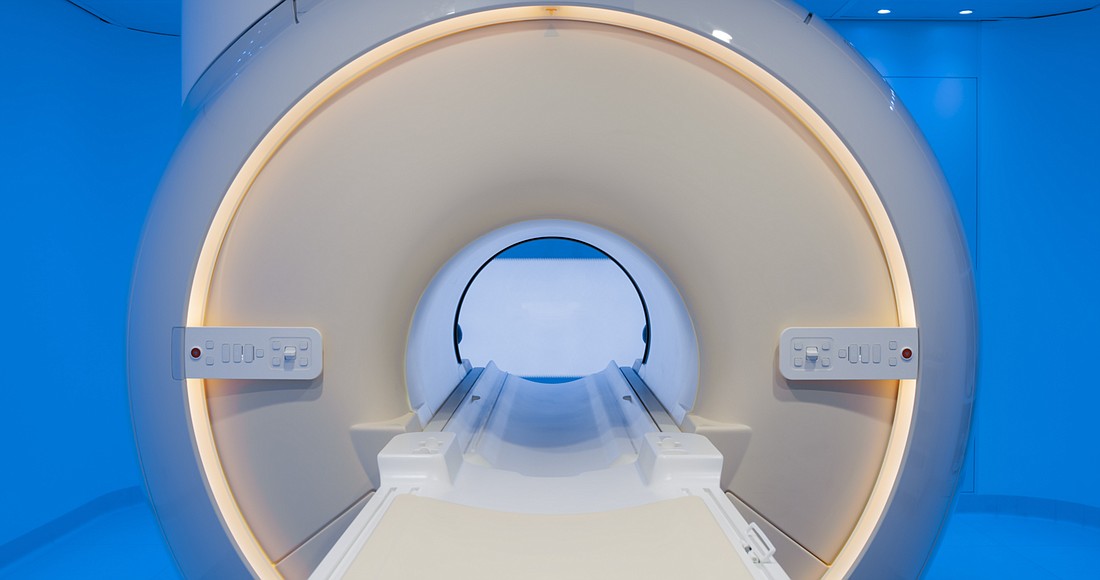- December 27, 2024
-
-
Loading

Loading

Going deaf is supposed to be an old man’s game — along with bocci ball and bandying about the word “wisenheimer” — but I’ve always considered myself an “old soul,” so I got in on the action at 30.
“This is the normal hearing range,” an audiologist — the latest in a long line of ENTs and specialists I’d seen — explained, drawing an imaginary line with his finger on the graph of my hearing test. “This is a poor hearing range.” Another, lower line. Then, he slid several inches down the page. “This … is your left ear.”

I took a deep breath. “So, not great,” I said, proving that, although my hearing might be trash, my powers of deduction were still nothing short of elite.
He nodded: “It’s markedly terrible.”
That, I deduced, was the medical term for what we laypeople call just “terrible.”
I have Meniere’s Disease, a condition that affects 0.2% of the US population and is defined by tinnitus, hearing loss and vertigo.
Oh, the vertigo.
I hardly noticed the other symptoms initially, until I lost the ability to use my left ear on phone calls. But soon after, I was getting hours-long, incapacitating dizzy spells, the kind where the spinning got so fast and violent and ceaseless and isolating that I actually started praying, even though it’d been so long that I thought I’d forgotten how.
“It only gets worse from here,” my doctor, a true maestro of bedside manner, told me. In time, I’ll lose all hearing in my left ear. Then, once the ear “burns out,” the problem could spread to my right side, too. But once I’m fully deaf, he added, raising his eyebrows like this was the good news, the spinning will stop.
He paused, I assumed for high-fives, as if this weren’t some Faustian BOGO: “Buy Stillness,” the devil tempts, “get Silence for freeee!”
And what can I say? I’ve always been a sucker for two-for-ones.
Before my diagnosis, I had convinced myself that I had a brain tumor. I went in for an MRI and, in the waiting room, eyed the other patients, all of whom seemed to be 40 years my senior. Next to them, I suddenly felt pitifully young, soul and all, out of place and running out of time. My chest tightened. I thought:
You might never be “old.”
The idea washed over me, terrifying and awakening and oddly serene. The calm of resignation. Or maybe of denial. Peace in numbness.
Inside the MRI chamber, though, the noise of the world came rushing back.
Doctors slid me inside a metal tube then took cover behind a wall of glass as the unit clanked and roared, a rocket ship blasting off with me inside. I tried to meditate but heard it all, and hearing, it suddenly seemed, was a holy act. I was alive and listening, an astronaut, exploding each sound into stardust as I flew through them, higher, faster, into the unknown.
Finally, my ship landed, back on Earth, back home, where I’d hug my wife and tell her I love her and soak up every vowel when she says it back. I’d plan a trip to Paris. I’d tune into the breathy hum of wind, the applause of rain. I’d go on living, all blood and thunder and heat and humanity. I felt it all over, the force of gravity and gratitude. I vibrated with it.
I burned with the world-shaking fire of fresh perspective.
Mike Cavaliere is the author of The Humorist: Adventures in Adulting & Horror Movies, available now.